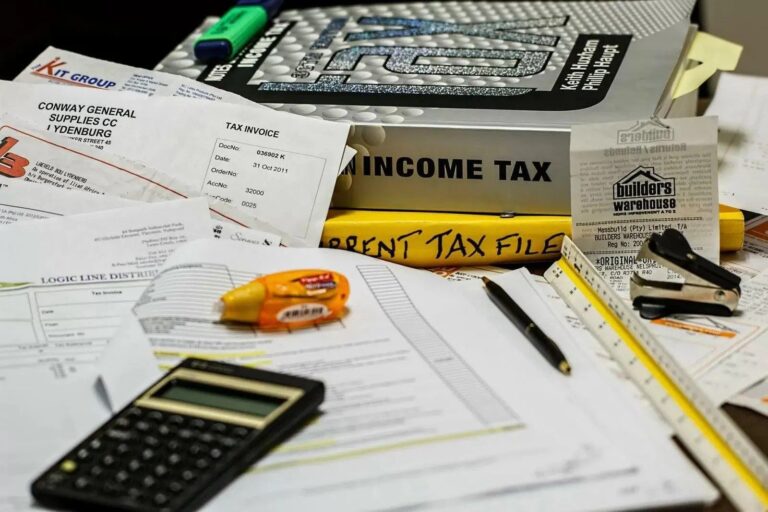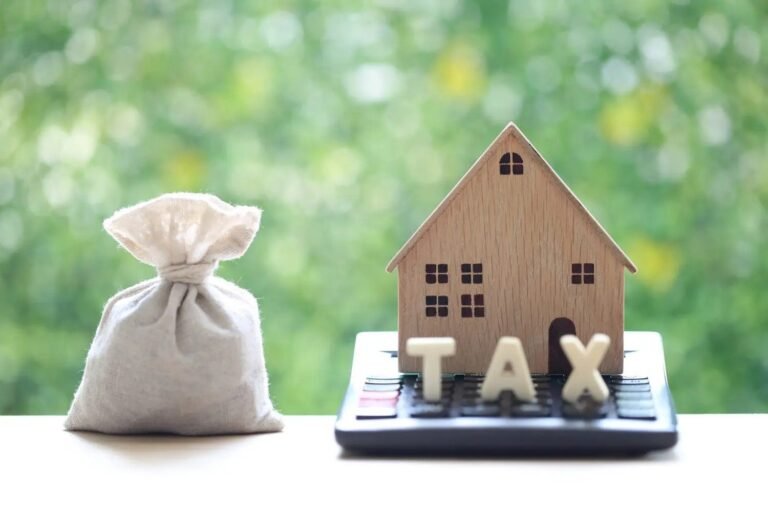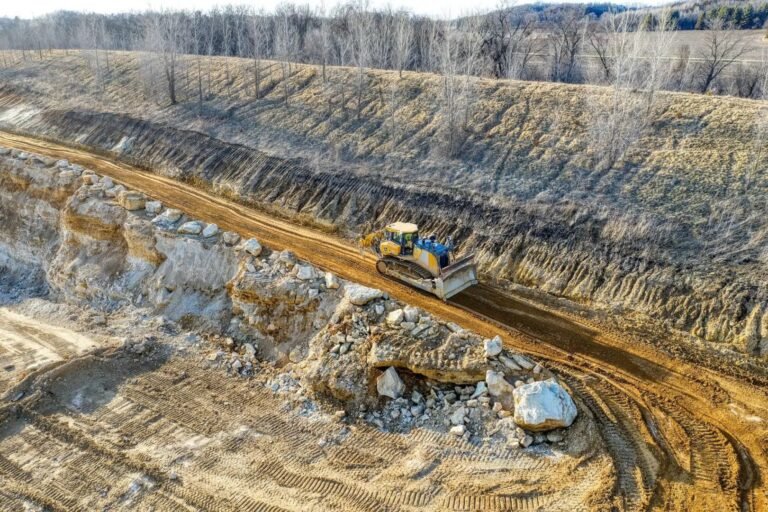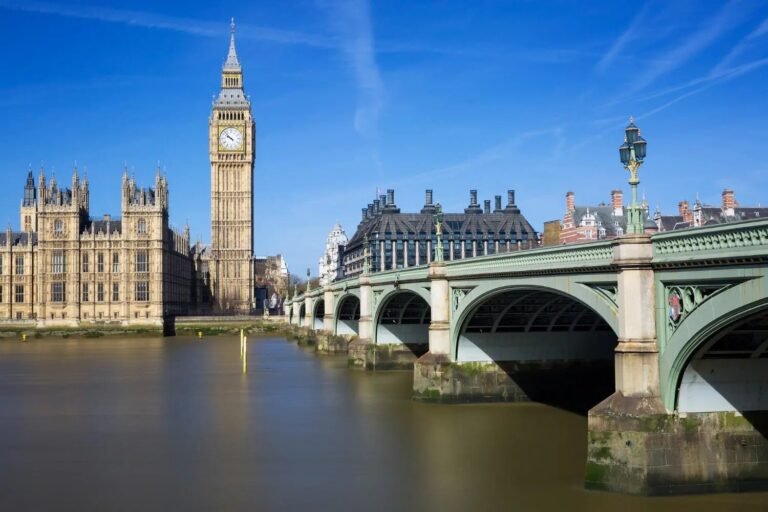The sale or lease of a commercial property is generally exempt from VAT, which means that the purchaser or tenant does not have to pay VAT. However, commercial property owners have the option to charge VAT at the standard rate (currently 20%) when selling or leasing their property.
When a landlord or vendor opts to tax property, they usually need to charge VAT on all supplies which relate to that property, including rentals or sales. Landlords can, however, recover VAT that has been charged in relation to the property.
Interaction of VAT with Property Transaction
Property Transaction can be standard rated, zero rated, or exempted from VAT.

The following property transactions are standard rated:
- Supplies of new, less than 3 years old commercial freehold.
- Supplies of other commercial property if option to tax is applied on the property.
These are not exhaustive list.
For the property transaction to be Zero rated, the following conditions have to be fulfilled:
- Zero rated supplies are applicable when there is an onward supply of new build (first grant of a major interest on the property) either by sale as a freehold or granting of lease for more than 21 years.
- The building must be Dwelling or Relevant Residential property or used for relevant Charitable purpose.
The grant of any interest in or right over land or of any licence to occupy land other than the transactions discussed above for Standard rated, zero rated or reduced rated is exempted from VAT.
VAT on Commercial Property
As discussed above, the Value Added Tax (VAT) on the commercial property transaction is either standard rated, opt to tax at standard rate or exempted from VAT.

We will now be discussing in detail each situation.
Standard Rate on Commercial Property Transaction
The sale of the freehold in an uncompleted commercial building or a new commercial building will be standard rated of 20%.
A building is considered as ‘new’ if it was completed less than three years before the grant.
The sale of a ‘new’ commercial property – i.e., a property that is less than three years old – will be liable to VAT at the standard rate. In these situations, the buyer of a new commercial property who intends to rent it out is likely to elect to charge VAT on rents going forward and on a future sale of the property (unless it qualifies as a Transfer of Going Concern) in order to recover the VAT charged on an acquisition.
Option to Charge VAT
Commercial property (which is not considered as new) owners have the option to charge VAT, but there are implications that come with charging VAT on commercial properties.
When a vendor or landlord makes an exempt supply of a property, they are unable to recover VAT incurred on related costs. These can be significant. If a landlord or vendor opts to tax a property, they must usually charge VAT on all supplies they make relating to that property.
Therefore, they must charge VAT on the sale or rentals. However, the landlord can also recover VAT charged to them on costs related to the property.
Note: Once the option to tax has been made, it must be notified to HMRC within 30 days of being made.
Revocation of Option to Tax
- Can be revoked within the first 6 months with certain conditions being fulfilled, the significant one being repayment of any input tax deducted as a result of making the option.
- Where no interest has been held for 6 years from the date of option to tax.
- Option can be revoked after 20 years from the date of opting to tax.
VAT Exemption
Under any other case the lease or sale of a commercial property is usually exempt from VAT, which means that the tenant or person buying the property doesn’t have to pay VAT on it.
While this is generally a positive overall (reduces the cost of buying or renting a commercial property), the landlord or buyer cannot recover the VAT on all related costs.
Avoiding VAT on commercial Property
VAT on the purchase of the commercial property can be avoided by obtaining the Transfer of Going Concern (TOGC) status for the property.

This is required :
- If the contractor has not paid the subcontractor in the last two years, or
- The subcontractor has not been included in any prior Construction Industry Scheme “CIS” returns.
Note: It should be mentioned that for TOGC purposes, properties with tenants will be viewed as a property rental business. The TOGC provisions apply even if the tenant is not yet occupying the property or taking advantage of a rent-free period, the seller must be transferring the property with the benefit of an existing lease.
It’s also crucial to keep in mind that not all of the property needs to be leased for the TOGC provisions to be in effect. The property rental business has ceased if the lease has been surrendered, so the transfer cannot be regarded as a TOGC.
Let us understand this with an example:
A commercial property is tenant to David by the landlord. Stephen wishes to buy the commercial property from the landlord and continue letting David in the commercial property.
No VAT will have to be charged when the landlord transfers the property to Stephen as the tenant continue to rent the commercial property.
However, to claim the VAT relief Stephen should be registered for VAT and would need to opt to tax before completion and confirm the same to the seller that he has opted to tax.
Read our article on ” VAT on Property Explained ” for a comprehensive understanding and practical insights.”
To Wrap up!
In conclusion, understanding VAT on commercial property in the UK is crucial for both buyers and sellers. The standard rate of VAT, currently 20%, is typically applied to commercial property transactions when the seller has opted to tax, or when new commercial properties are being sold or leased.
However, certain transactions, such as the sale of land or buildings that are not new, are usually exempt from VAT. This exemption can be overridden by the seller ‘opting to tax’, which allows them to charge VAT on the sale or lease, but also enables them to reclaim VAT on their own costs.
The landscape of VAT on commercial property is complex and can significantly impact the financial aspects of a property transaction.









